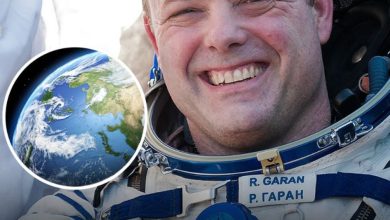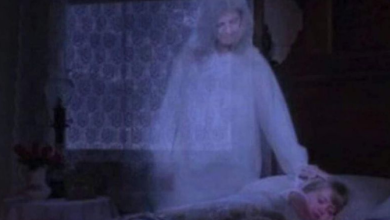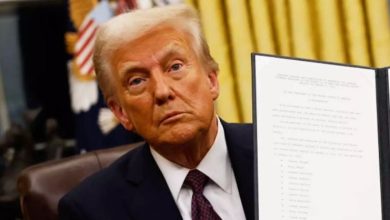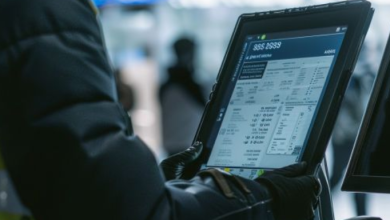A British surgeon recently discussed the risks of using certain types of mouthwash on his podcast.
Karan Rajan emphasized that individuals should avoid a specific type of mouthwash, as it could increase the likelihood of developing a particular type of cancer.
In his podcast, the NHS worker went so far as to advise people not to purchase this mouthwash and consider alternatives instead.
He also urged people to carefully read labels before purchasing any product, rather than simply picking up whatever is available.
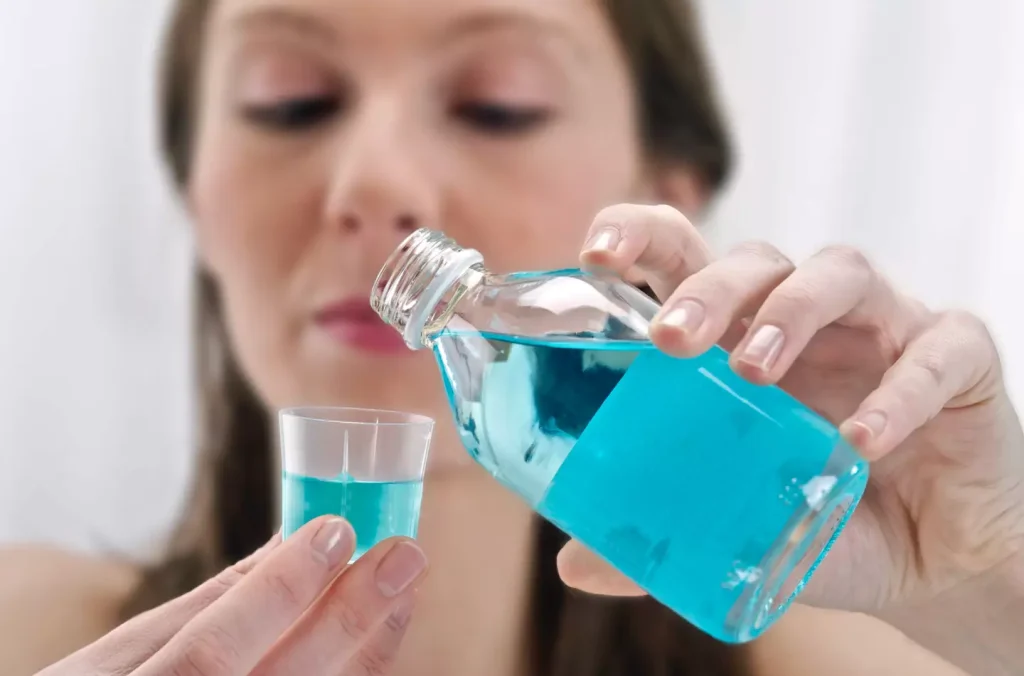
He stated: “People shouldn’t be using alcoholic [mouthwash] if they don’t need to. We are increasingly appreciating that we have an oral microbiome, and these can be affected by alcohol.”
Explaining the reasoning behind his statement, he highlighted how alcoholic mouthwash can negatively impact the body both in the short and long term.
He explained that alcoholic mouthwashes disturb the mouth’s microbiome, which can have significant consequences for various reasons.
For example, he pointed out that many of the ‘good’ bacteria in the mouth play a crucial role in defending your teeth and gums, freshening your breath, and aiding in digestion. Alcoholic mouthwashes regularly kill these beneficial bacteria.
Unlike alcoholic beverages, mouthwashes contain a higher concentration of alcohol and are in contact with your teeth and gums for a longer period.
Using mouthwash twice a day and swishing it around in the mouth increases the risk of serious health issues in the future.
Rajan added: “Some early evidence suggesting that chronic mouthwash use has been linked, from a correlation point of view, to increasing rates of colorectal cancers because of that disrupted oral microbiome.”
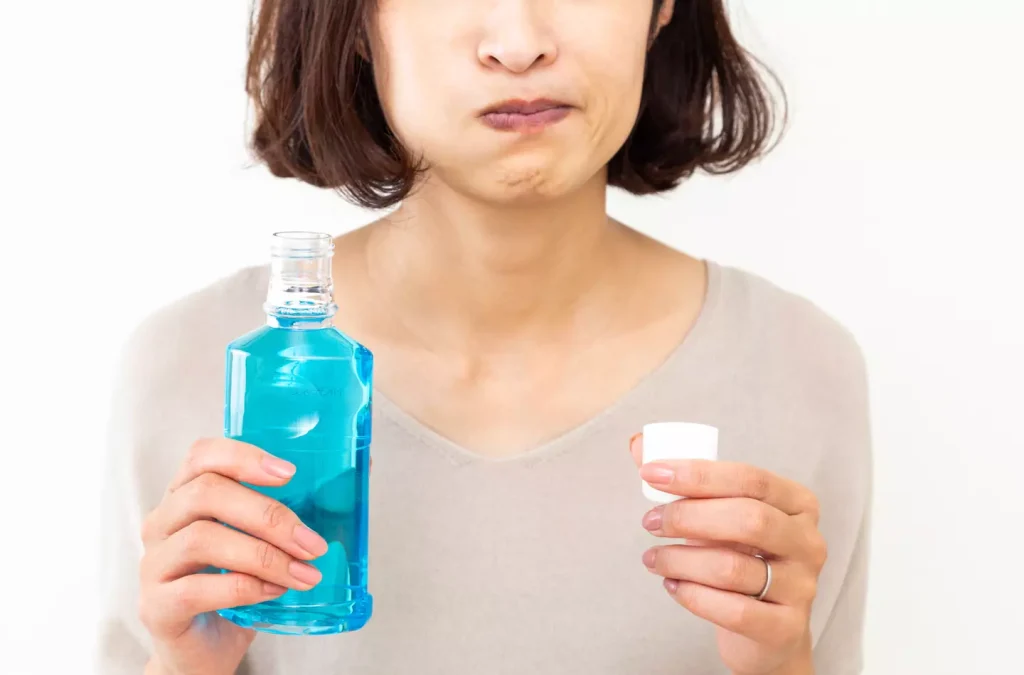
In addition, regular use of alcohol-based mouthwash can lead to several problems, such as a burning sensation in the mouth, mucosal pain, softening of composite fillings, teeth staining, enamel erosion, and ulcers.
Whitney DiFoggio, an American dental hygienist, also joined the podcast and shared her thoughts on mouthwash use.
She mentioned: “You don’t need a mouthwash. Manually brushing the plaque and debris from your teeth with a toothbrush, using something to clean between your teeth, and ensuring you cover the fronts, backs, tops, and bottoms is what you need.”
It is recommended to avoid using mouthwash immediately after brushing your teeth, as it can rinse away the fluoride from the toothpaste you just applied.
If you do use mouthwash, it’s better to do so after a meal, like after lunch. You should also wait at least 30 minutes before eating or drinking.


